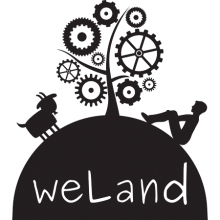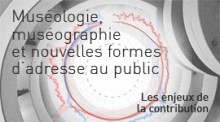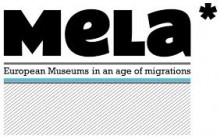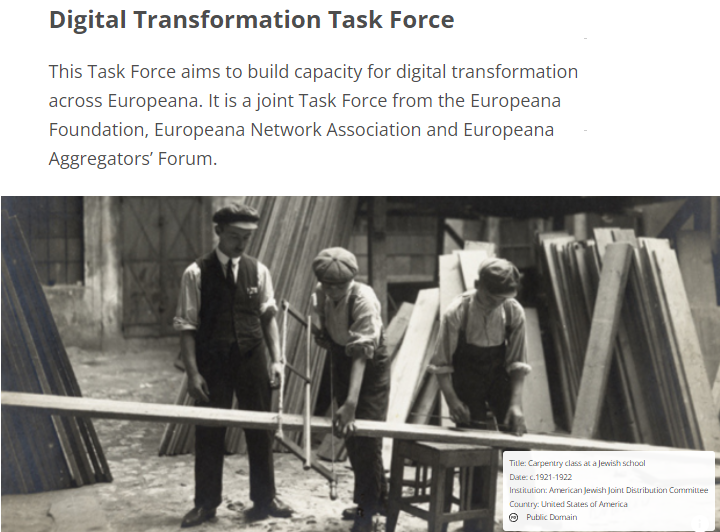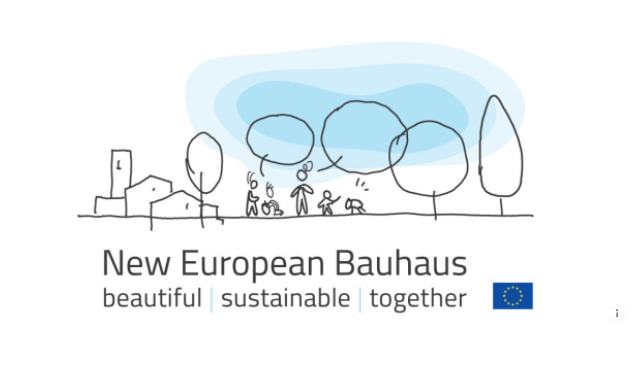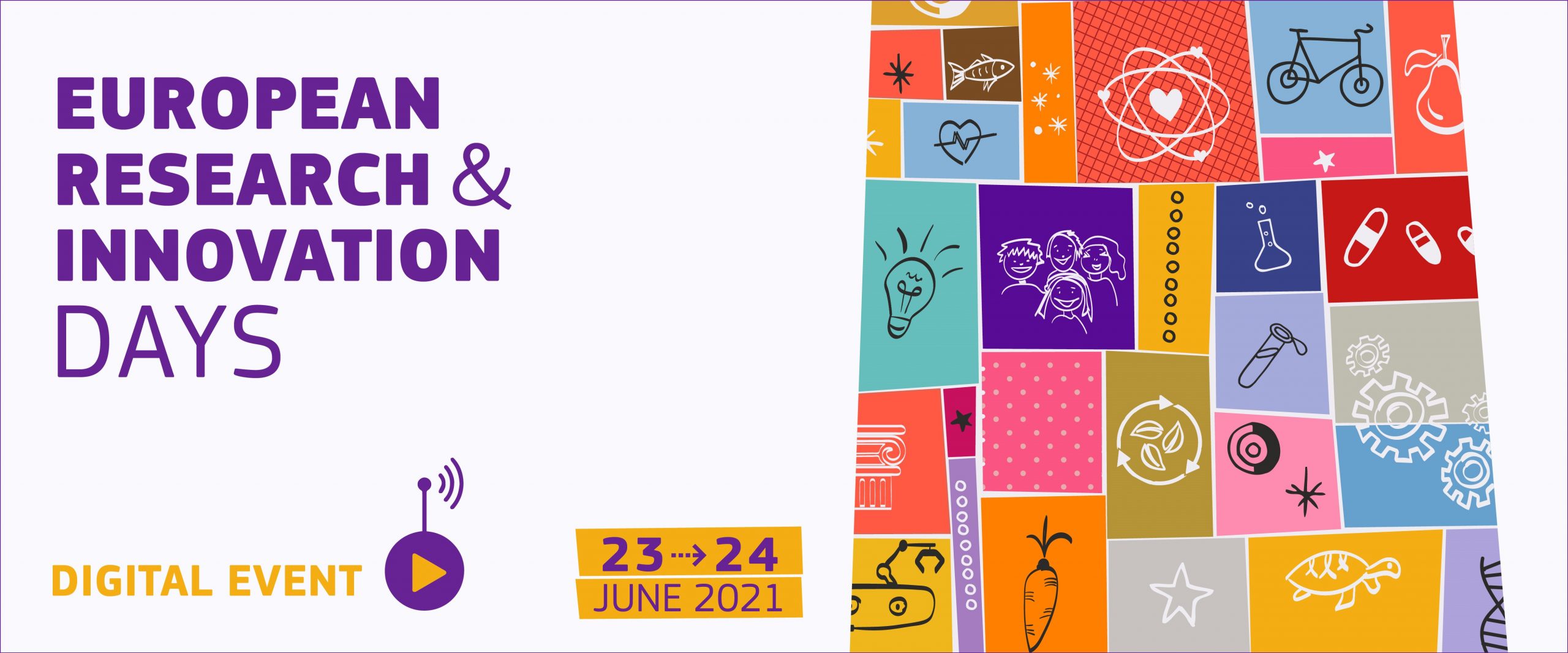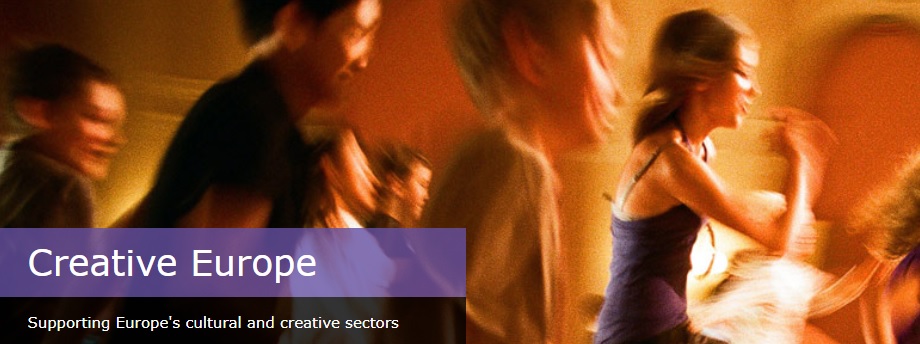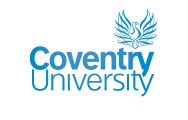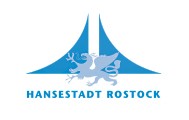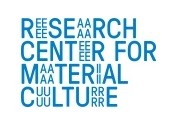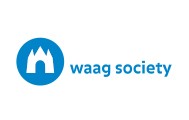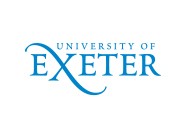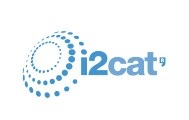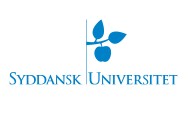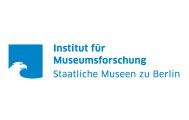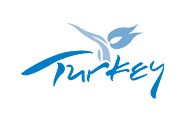
- Amalia Sabiescu Antonella Fresa Brussels co-creation Coventry University cultural heritage Digital Cultural Heritage digital technologies EC Horizon 2020 i2CAT Intangible Cultural Heritage IPR museums Neil Forbes performing arts policy briefs recalibrating relationships RICHES social and economic development social cohesion SSH taxonomy of terms and definitions user engagement Waag Society
Topic: riches
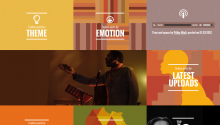
Badilisha Poetry X-Change is both an online audio archive and Pan-African poetry show delivered in radio format. Now the largest online collective of African poets on the planet, Badilisha has showcased and archived over 350 Pan-African poets from 24 different countries. It reflects the myriad of rhythms and rhymes, voices, perspectives and aspirations from all corners of the globe. Continue reading
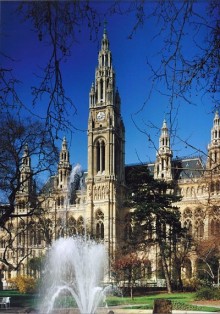
The XX Conference on Cultural Heritage and New Technologies, organised by the Department of Urban Archaeology of Vienna’s Museum, is being held in the Vienna City Hall on 2-4 November 2015. The conference’s call for paper/poster/video expires on 15 June 2015 (deadline extended). This year, the event is dedicated to the theme “Urban Archaeology and Public Relations. New Technologies Enabling Archaeological Outreach” Continue reading
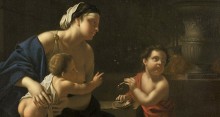
In May, Europeana has launched its Business Plan 2015. This is the first year of the Europeana Strategy 2015-2020, which outlines how the company will transition into a multi-sided platform: a truly networked organisation working together to create the largest repository of trusted, accessible and re-usable digital heritage in the world. The Europeana Business Plan 2015 reflects this change in perspective. Continue reading
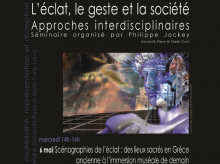
Did ancient statues living in the traditional museums lose their radiance and divine feature? New technologies, combining 3D imagery and multisensory visitor experience, enable to recreate within an innovative space the ancient splendour of the Greek plastic. Sophie Montel recognises … Continue reading

DCDC15 (DCDC as Discovering Collections Discovering Communities), being held at Greater Manchester on 12-13 October 2015, will look at the varied and innovative ways in which archives, museums, libraries and academia can engage with audiences in the digital age, for a more appealing user experience, the enrichment of heritage collections and new collaboration and business opportunities. Continue reading

Ultraorbism was an interactive distributed action between two networked connected spaces in two cities: Barcelona and Falmouth. The story was a linear interpretation of the first of the two books of True Story by Lucian of Samosata (a Syrian writer who lived in the second century AD), who tells an impossible journey on which everything is invented, with references to the mythology and literature of the era. Ultraorbism, a project directed by Marcel•lí Antúnez Roca, is part of the European project SPECIFI and case study of the RICHES European project’s research area. Continue reading
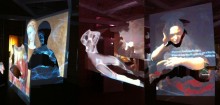
Ballade of Women is an interactive installation that explores perspectives on women’s rights. Through the lens of the personal experience of three women, the exhibition offers an interactive narration on three fundamental themes: emancipation, self-determination and violence. In the installation, representations of three paintings are fragmented and float in the space; set on rotating spindles, these fragments resist attempts by the viewer to capture them as a whole. Thus, the screens only provide a complete view of the paintings at selected times and from specific view-points in the room… Continue reading



